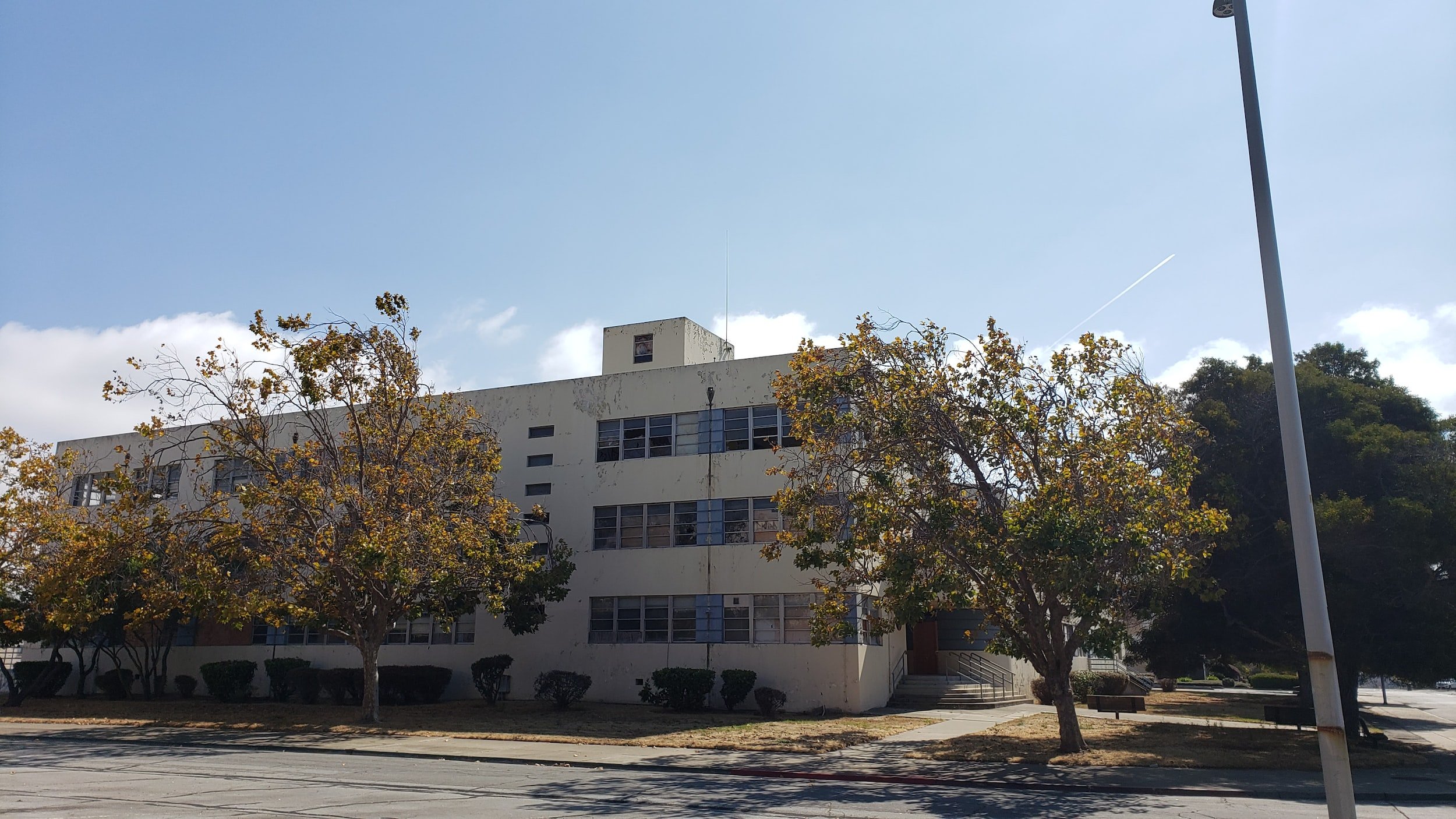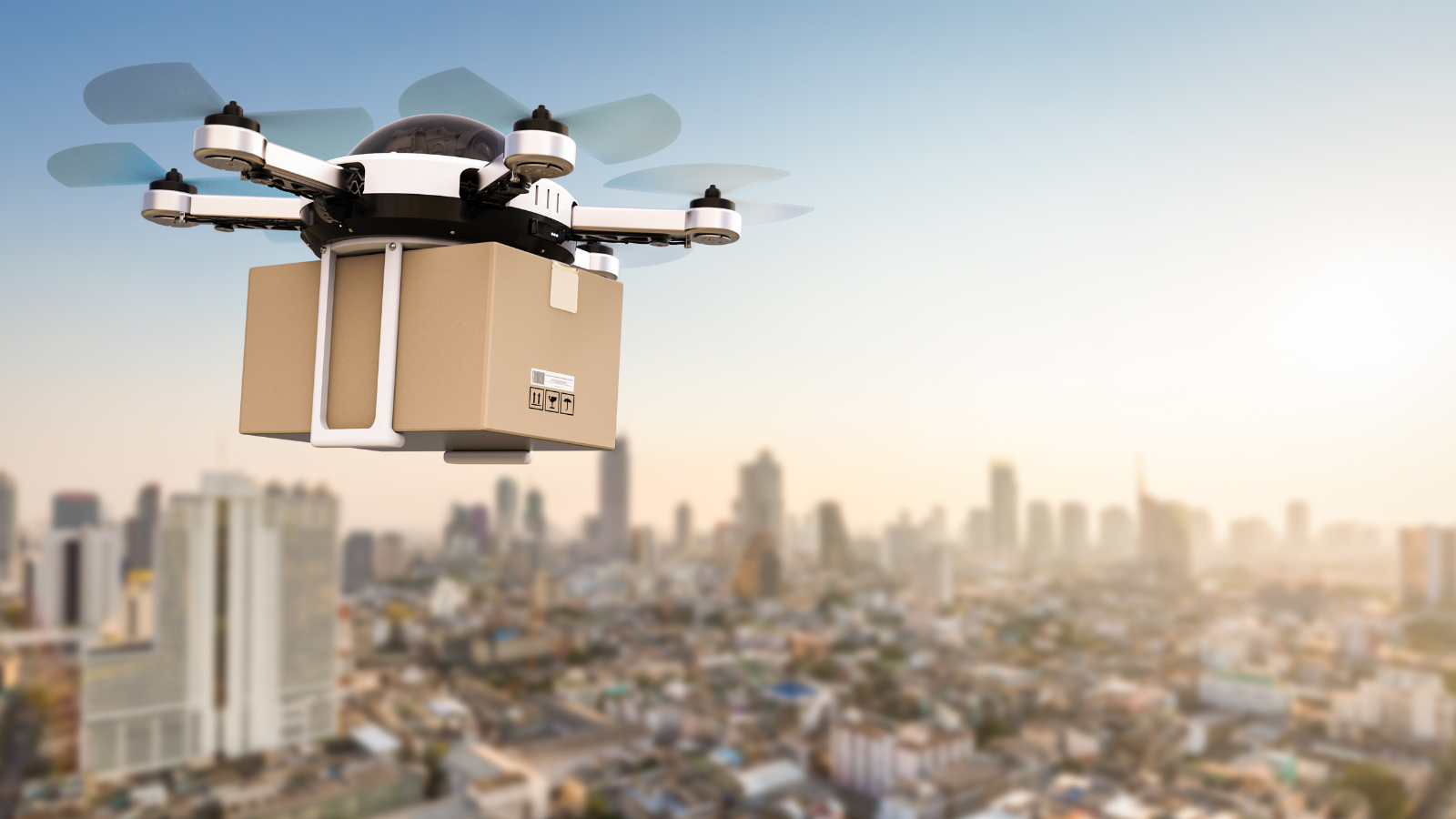Exploring New Frontiers: Automation Opportunities in Agriculture, Food Processing, and Healthcare
While the automotive and logistics industries have embraced automation, there are other sectors that offer potential investment opportunities for automation companies. Jeff Burnstein, President of the Association for Advancing Automation, predicts that agriculture, food processing, and healthcare are the next frontiers for automation. These industries can benefit from increased efficiency, cost reduction, and improved safety through the use of automated technologies such as autonomous tractors, food sorting robots, and autonomous mobile robots for healthcare tasks. The shortage of labor in these sectors is a key driver for automation adoption, making these areas ripe for automation expansion.
The European Space Agency (ESA) is launching a competition to develop a robotic cargo capsule for missions to the International Space Station (ISS).
The United States and China, along with 27 other countries and the EU, have signed the Bletchley Park Declaration on AI during a two-day AI Safety Summit held in the UK.
President Biden has issued an executive order aimed at addressing concerns over the safety, security, and trustworthiness of AI technology.
New advances in computer vision are improving worker safety by addressing the deficiencies that have hindered robotic automation in taking over dangerous tasks for workers.
Amazon has opened its first robotics fulfillment center in Detroit, covering 823,000 square feet and employing over 1,200 workers.
Kodiak Robotics is leading the pilot of the Commercial Vehicle Safety Alliance's new protocol for autonomous trucks called the Enhanced Commercial Motor Vehicle Inspection Standard program.
Several major tech companies, including Amazon, Google, Meta, Microsoft, and others, have made voluntary commitments to meet a set of artificial intelligence (AI) safeguards brokered by the White House.
Investment in warehouse automation and management systems is on the rise as supply chains seek to address vulnerabilities and enhance resilience.
Experts from leading companies such as ServiceNow, Fannie Mae, Fujitsu, and Enable have expressed the view that AI is not yet mature enough to bring about a revolution in procurement.
While the automotive and logistics industries have embraced automation, there are other sectors that offer potential investment opportunities for automation companies.
Serve Robotics and Uber Eats' partnership significantly advances the widespread adoption of autonomous delivery robots.
Robotic technology is revolutionizing various aspects of the grocery sector, including inventory management, order fulfillment, and customer service.
Zipline, a drone company, is expanding its customer base for its Platform 2 technology, which focuses on last-mile delivery.
General Motors' autonomous taxis, 'Cruise', are now available around the clock in certain areas of the city.
Since their rollout, sidewalk-roaming robots have faced regulatory challenges across the country, complicating the expansion plans for AI companies.
The development of robot sidewalk delivery by Amazon and FedEx has been in its early stages for years, even gaining some notoriety on late-night talk shows in 2019.
Inventory picking robots are autonomous machines designed to retrieve items from shelves or storage locations in a warehouse or fulfillment center.
The majority of younger workers seem to be ecstatic to be able to work alongside AI in their work setting.
The brand-new AI technology known as the AI Genie is capable of doing tasks that were once exclusive to human workers, raising concerns about the future of employment.
One of the busiest cities in the country is planning to revolutionize transportation by introducing driverless taxis.
Dubbed “self-operating warehouses”, the logistics service provider is expanding its technology to North America with the goal of optimizing inventory and storage for retailers.
Industrial robot sales increased 11% last year in North America, up by 44,200 units.
While there are many benefits to using robots in the workplace, it is important to recognize that robots cannot completely replace human workers.
AI can be used to optimize supply chain management, reducing lead times and increasing efficiency in the movement of goods between manufacturing facilities and warehouses.
Founded in 2014 and headquartered in Foster City, California, Zoox's vehicles are designed to be fully autonomous, with no driver or passengers, and can operate in both urban and suburban environments.
According to “Competing for The Warehouse Workforce of the Future”, a study commissioned by Lucas Systems of 500 on-floor warehouse workers, 3 out of 4 workers say that they trust robots to assist them to perform better at work.
Robots and humans - we need to work together. Robotics need a proper human labor management system to operate effectively in the supply chain logistics industry for a number of reasons.
Covid disruptions certainly slowed down operations at Chinese ports, but the industry is looking to implement for robotic technology to make up for the lost time.
Boasting 6,000+ drone deliveries in 2022, the retailer had big goals for a rapid expansion of the service.






























Elon Musk is not too thrilled about a recent report that indirectly hinted at one of his beloved robots being involved in an incident at Tesla's Austin, Texas factory two years back